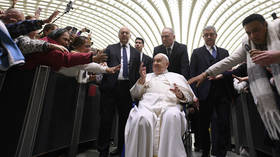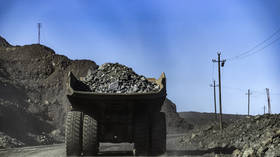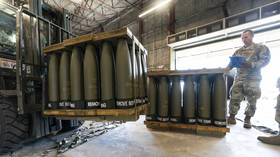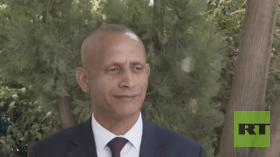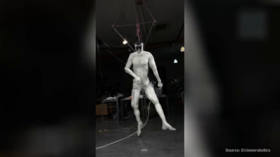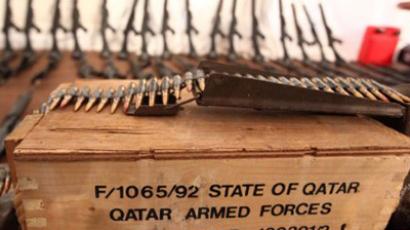NATO has switched to a wait-and-see strategy – US scholar
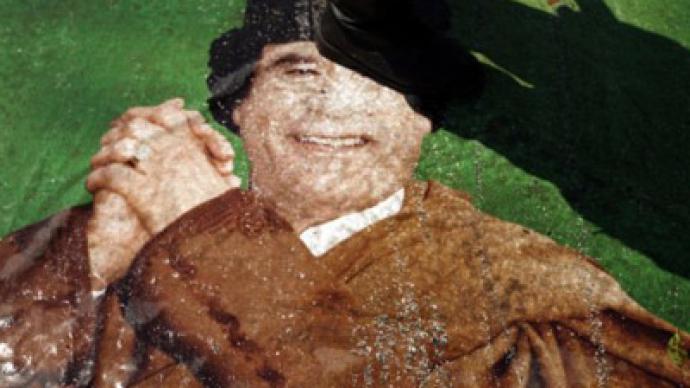
As Libyan rebels complain that their progress has been slowed down by a lack of ammunition and inadequate support from NATO, professor William Beeman claims NATO has lost its initial enthusiasm for the campaign.
“They are now, I really believe, hedging their bets – they really are not sure what the outcome is going to be,” said Beeman, a specialist in Middle East Studies at the University of Minnesota. “When it looked like the opposition forces were going to take over the government, there was a lot more enthusiasm for the NATO forces actually helping them. And I think there is a kind of wait-and-see attitude at this time.”Libyan rebels have battled their way past government forces on a key road south of Tripoli and are moving toward the Gaddafi-held town of Gharian, which controls access to one of the main roads leading to the capital.It is considered the most significant advance the rebels have made in the past two weeks, but government forces are showing a surprising resilience. “Colonel Gaddafi and his family, his sons in particular, are absolutely going to maintain their resistance till the very end,” argued Beeman. “And this has actually rallied their supporters.”NATO maintains that it has no intention of a ground invasion in Libya, but months of airstrikes have so far failed to bring about the desired results. Beeman says the alliance has drawn itself into a civil war.“The rivalry between the eastern portion of Libya and the western portion of Libya goes back practically to the beginning of the 20th century,” he said. “So what really is going on in Libya is not necessarily opposition to Colonel Gaddafi – it really is a civil war. And the NATO forces have decided to take the side of the opposition forces from the east.”
Columnist and author Ted Rall says the reasons behind NATO’s slow response to the rebels' requests are mainly political. “NATO is essentially an arm of the US, which is currently at war with troops on the ground in two nations in the Middle East,” Rall told RT.” And the political feeling in the US is that people are just not willing to support opening a third front with ‘boots on the ground,’ as the expression goes here. So, people do not want to see it – either on the left or on the right…. [T]he practical effect is that neither side in the Libyan conflict is in a position to close the deal.” “If they want this stalemate to move forward in the direction of NATO and Benghazi-based rebels, they are going to have to send in ground troops,” he continued. “But the current political and economic situation both in the US and in its NATO allies does not allow it.”




